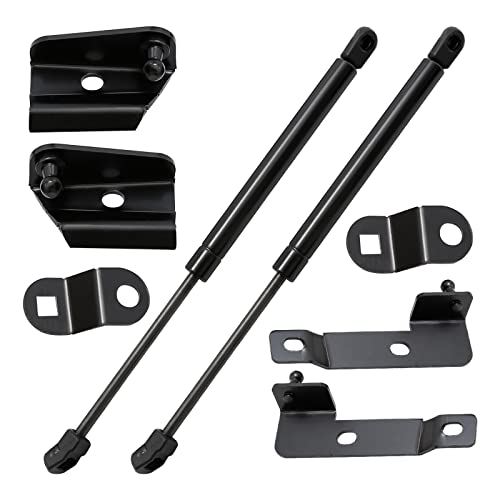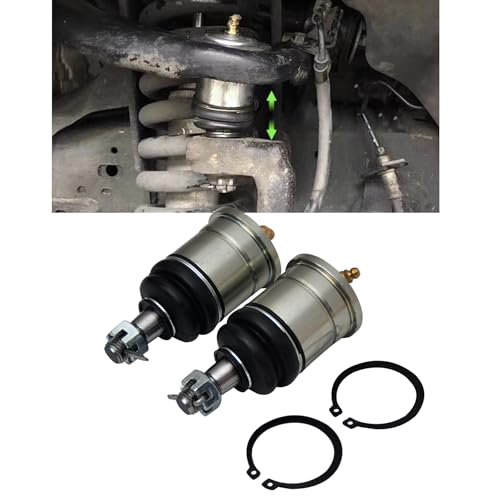I don't see how it can be considered "bad". Let's look at it from its basics.
Fuel and air are introduced into the combustion chamber and the fuel ignites in the presence of air. A certain amount of air is needed for the fuel to combust completely. Insufficient air and you'll get black smoke - too much air and the motor doesn't develop as much power as it could. Don't worry about getting into a lean vs rich argument with diesels - there's no such thing. There's no butterfly controlling the air flow - every time the piston heads down, the chamber is filled completely. Diesels absolutely guzzle air.
Anyway, let's introduce some exhaust gas. What is exhaust gas? It's the chemically converted diesel. It's essentially C12H23 + O2 = CO2 + H20. Neither of the resulting gases (H20 is so hot at this point that it's still a gas) allow combustion. You can't light a match under water, and CO2 extinguishers don't put out fires purely by cooling them down!
Why EGR? Because they don't want the combustion process to complete fully. If it does, it might develop higher than desirable (for them) temperatures. At those temperatures, the engine produces oxides of nitrogen. Below these temperatures, nitrogen basically passes straight through the motor ("air" is 79% nitrogen).
Several oxides of nitrogen are bad. NO and NO2 are greenhouse gases and are not healthy for humans to ingest. N20 is not healthy for driving correctly (so the guy behind you is the one to watch out for, don't brake in a hurry).
























